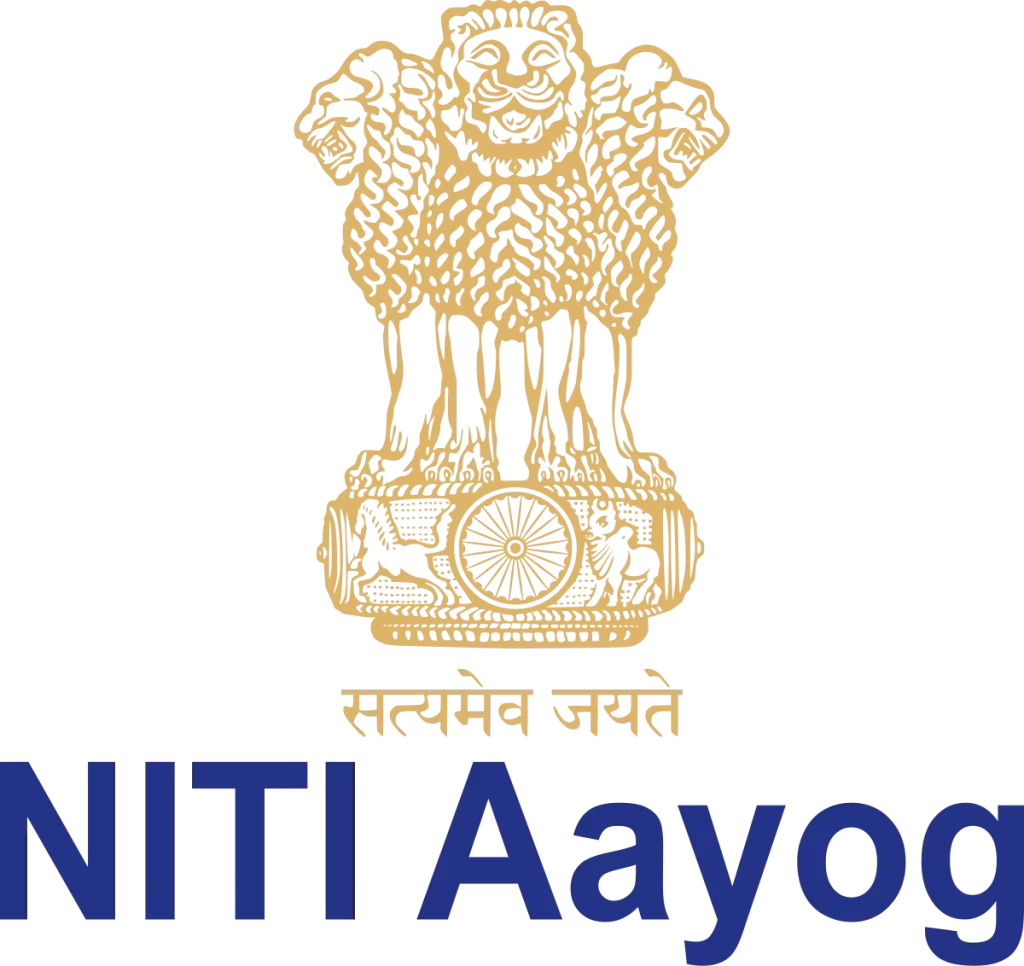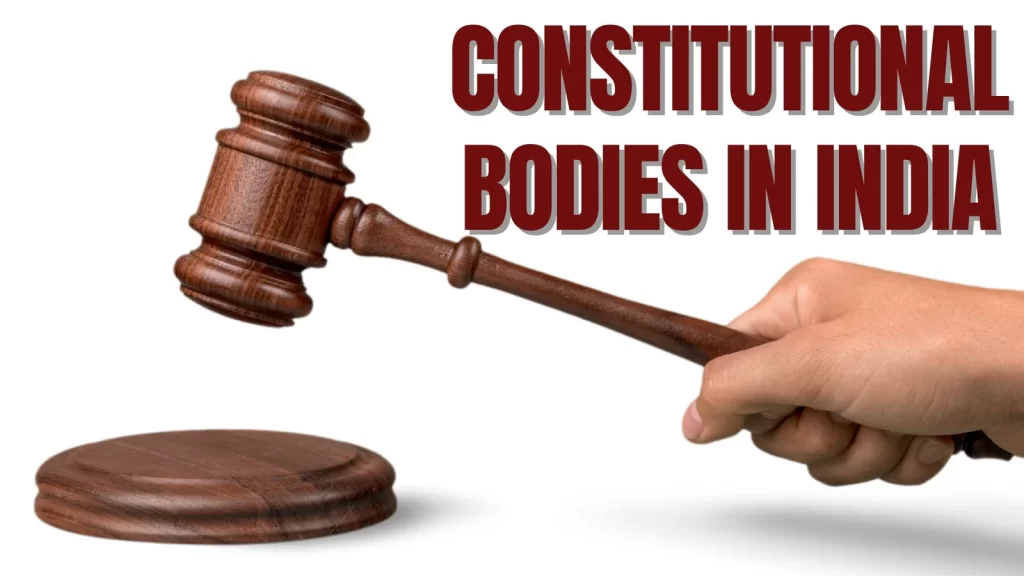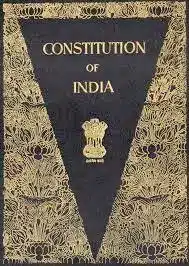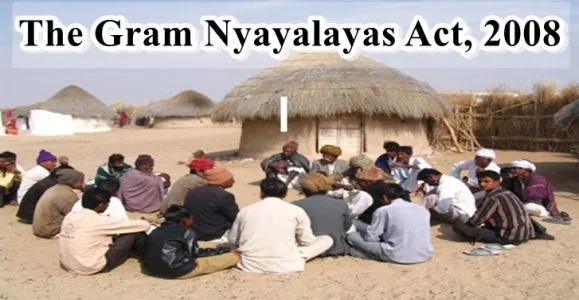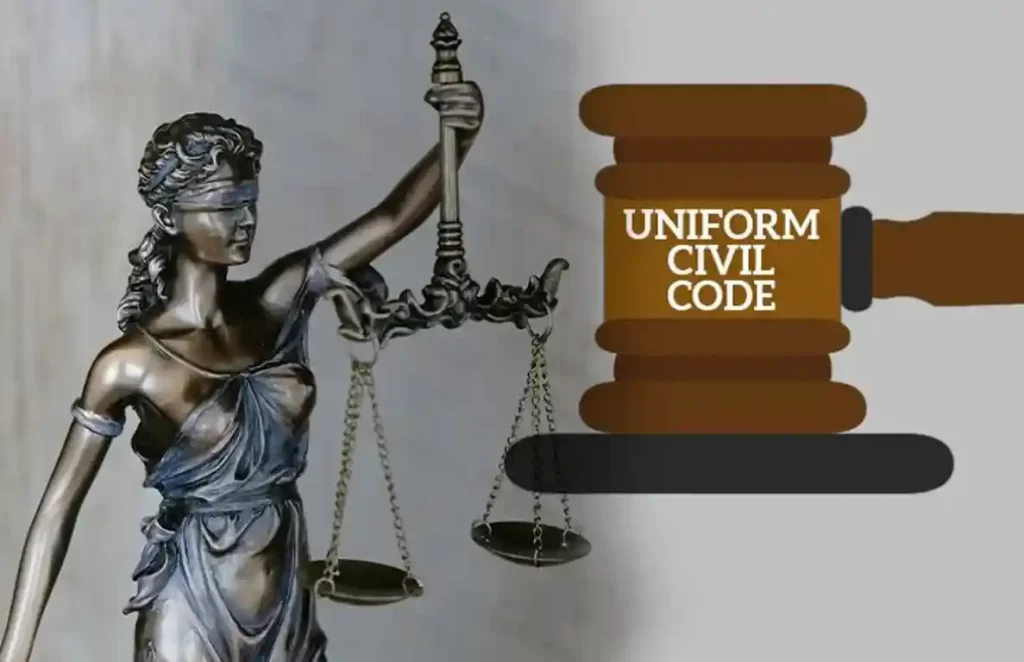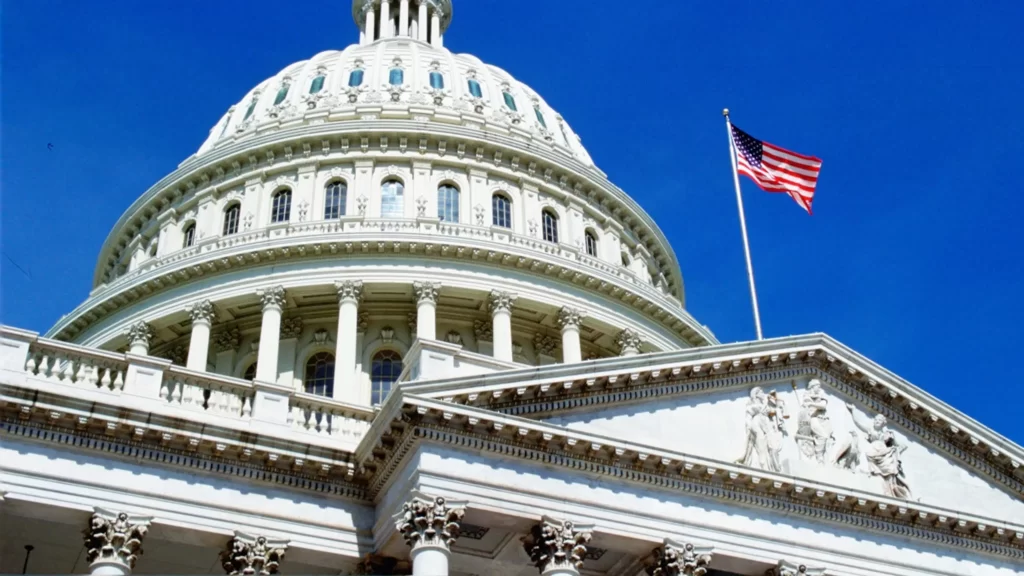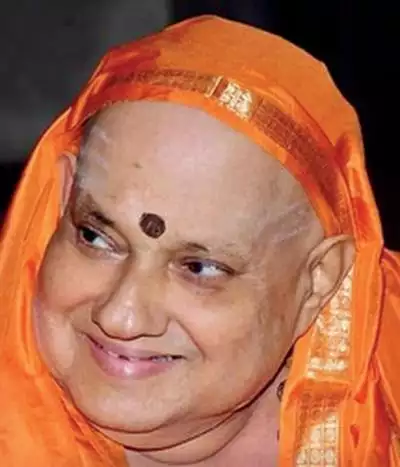SCHEDULES OF THE INDIAN CONSTITUTION
- Schedules are lists in the Constitution of India that categorizes and tabulate bureaucratic activities and policy of the Government.
- Schedules are basically tables that contains additional details not mentioned in the articles. One of the first mentions of Schedules was made in the Government of India Act, 1935 where it included 10 Schedules.
- When the Indian Constitution was adopted in 1949, it consisted of 8 Schedules.
- Today, with the amendments in the Indian Constitution, there are a total of 12 Schedules.
First Schedule
- Articles covered: 1 and 4
- It covers:
- names of the States and their territorial jurisdiction
- names of the Union Territories and their extent
Second Schedule
- Articles covered: 59, 65, 75, 97, 125, 148, 158, 164, 186 & 221
- Provisions relating to the emoluments, allowances, and privileges of:
- The President of India
- The Governors of States
- The Speaker and the Deputy Speaker of the Lok Sabha
- The Chairman and the Deputy Chairman of the Rajya Sabha
- The Speaker and the Deputy Speaker of the Legislative Assembly in the states
- The Chairman and the Deputy Chairman of the Legislative Council in the states
- The Judges of the Supreme Court
- The Judges of the High Courts
- The Comptroller and Auditor-General of India
Third Schedule
- Articles covered: 75, 84, 99, 124, 146, 173, 188 and 219
- Forms of Oaths or Affirmations for:
- The Union ministers
- The candidates for election to the Parliament
- The members of Parliament
- The judges of the Supreme Court
- The Comptroller and Auditor-General of India
- The state ministers
- The candidates for election to the state legislature
- The members of the state legislature
- The judges of the High Courts
Fourth Schedule
- Articles covered: 4 and 80
- Allocation of seats in the Rajya Sabha to the states and the union territories.
Fifth Schedule
- Articles covered: 244
- Provisions relating to the administration and control of Scheduled areas and scheduled tribes.
Sixth Schedule
- Articles covered: 244 and 275
- Provisions relating to the administration of tribal areas in the states of Assam, Meghalaya, Tripura, and Mizoram.
Seventh Schedule
- Articles covered: 246
- Division of powers between the Union and the States in terms of List I (Union List), List II (State List) and List III (Concurrent List)
Eighth Schedule
- Articles covered: 344 and 351
- Languages recognized by the Constitution. Originally, it had 14 languages but presently there are 22 languages. They are: Assamese, Bengali, Bodo, Dogri, Gujarati, Hindi, Kannada, Kashmiri, Konkani, Maithili, Malayalam, Manipuri, Marathi, Nepali, Odia, Punjabi, Sanskrit, Santhali, Sindhi, Tamil, Telugu, and Urdu.
Ninth Schedule
- Articles covered: 31B
- It deals with the state acts and regulations of that deal with land reforms and abolition of the zamindari system. It also deals with the acts and regulations of the Parliament dealing with other matters.
- 1st Amendment Act 1951 added the Ninth Schedule to protect the laws included in it from judicial scrutiny on the ground of violation of fundamental rights.
- However, in 2007, the Supreme Court ruled that the laws included in this schedule after April 24, 1973, are now open to judicial review
Tenth Schedule
- Articles covered: 102 and 191
- Provisions relating to disqualification of the members of Parliament and State Legislatures on the ground of Defection also known as Anti Defection Law.
Eleventh Schedule
- Articles covered: 243G
- Specifies the powers, authority, and responsibilities of Panchayats.
Twelfth Schedule
- Articles covered: 243-W
- Specifies the powers, authority, and responsibilities of Municipalities.

Can these be Amended?
Yes, by a constitution amendment with a special majority that is 2/3 present and voting and later ratified by a majority of the states and then getting a president assent. Earlier frequent amendments were done, so that many acts were included in the ninth schedule to escape from the Judicial review, but after the Kesavananda Bharati case, Court has taken steps to curtail that practice too.
Also, refer :
- Top 50 Science MCQs For Competitive Exams
- Know About The Different Financial Sector Regulators In India
- For more contents on Indian Polity, click here.

